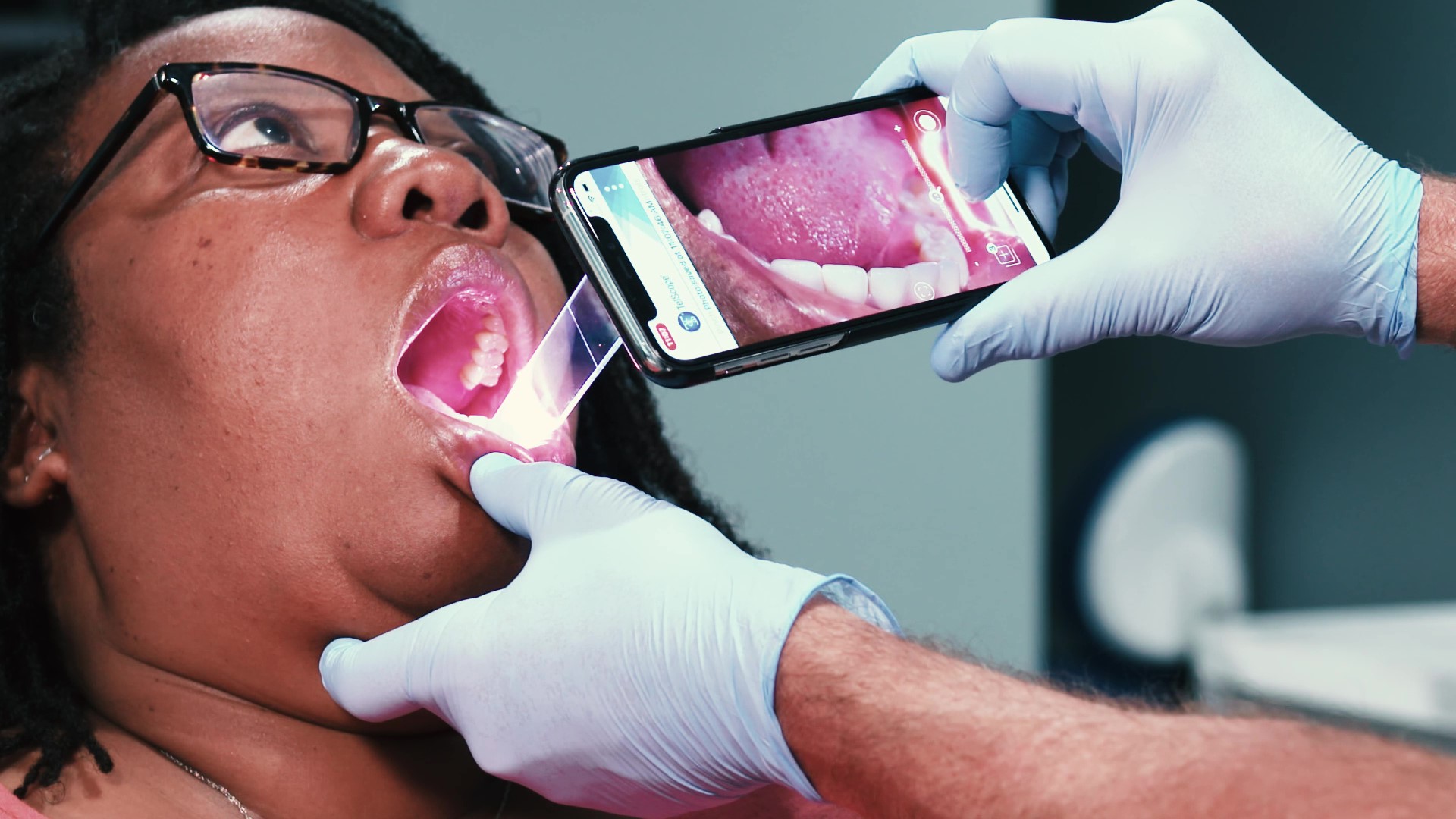Heart disease and oral hygiene, specifically teeth brushing, may seem like unrelated topics at first glance. However, research has shown a strong connection between the two. Poor oral hygiene, including infrequent brushing, can contribute to the development of various dental problems such as gum disease, tooth decay, and tooth loss. But how does this relate to heart disease?
The link between oral health and heart disease lies in the presence of harmful bacteria in the mouth. When we neglect proper oral hygiene practices like brushing our teeth regularly, plaque accumulates on the teeth and gums. Plaque is a sticky film composed of bacteria, food particles, and saliva that coats our teeth. If not removed, this plaque can harden into tartar, which is more difficult to eliminate and can cause gum inflammation or gingivitis.
Inflammation is a crucial factor in the development of heart disease. When harmful bacteria from the mouth enter the bloodstream, they can trigger an immune response, causing inflammation in the arterial walls. Over time, this chronic inflammation can lead to the formation of fatty plaques, narrowing the arteries and restricting blood flow. This condition is known as atherosclerosis, which increases the risk of heart attacks, strokes, and other cardiovascular problems.
Maintaining good oral hygiene, including regular brushing of teeth, can help prevent the accumulation of plaque and reduce the risk of gum disease. Brushing at least twice a day with a fluoride toothpaste and using dental floss or interdental brushes to clean between the teeth can effectively remove plaque and bacteria. Regular dental check-ups and professional cleanings are also essential for maintaining optimal oral health.





